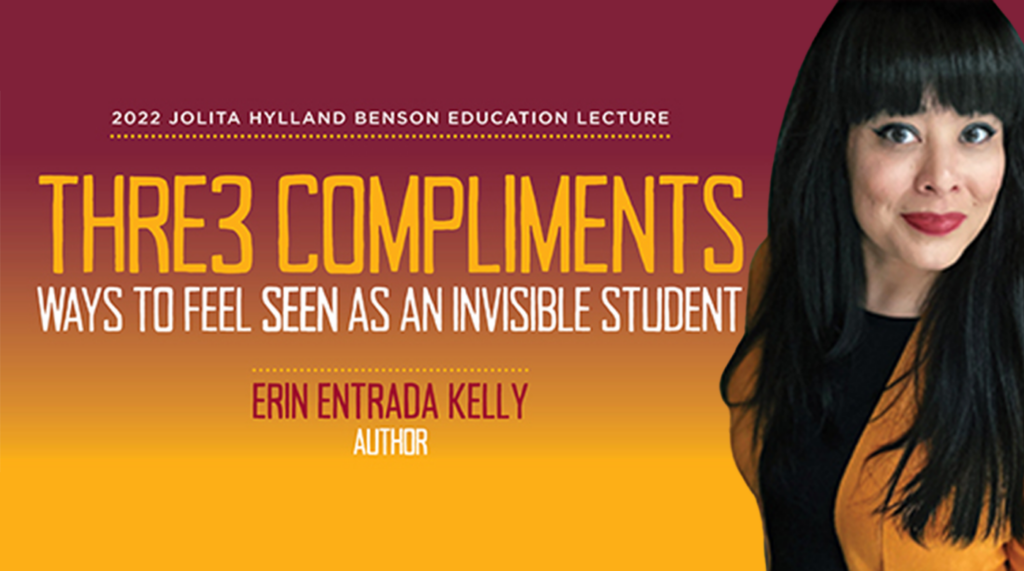Page 30 • (673 results in 0.023 seconds)
-

TACOMA, WASH. (June 24, 2016)- As Hannah Park poses for a few quick photos outside the main office of Franklin Pierce High School, it seems she is well-liked by everyone in the close-knit community. “Hey Hannah, should you be in class?” a staff member playfully…
close to home while earning an education degree. Hannah Park (photo by Zach Powers/PLU) “Teaching is the way I’d like to give back to my community,” Park says. “Having teachers who were there for me, and talked to me about problems in and outside of the classroom is something I’ve really appreciated and something I hope to do for students in the future.” Both self-assured and gently soft-spoken, Park has a clear vision for her four years at PLU. “I would like to teach high school English, literature
-
Priya McBride, '16, Biology: My Botany Tutorial was led by Oxford Professor Mr. Timothy Walker, Lecturer in Plant Sciences at Somerville College.
progress of the conversation between tutor and student. Each week, students spend 10–20 hours working through scientific articles, scholarly literature, or literary works relating to the week’s topic, and then draft an essay of approximately 2,000 words on a question which the tutor has assigned. The tutor and student then discuss the essay during the one-hour meeting. What is the difference between a primary and a secondary tutorial?The primary tutorial meets once a week for one hour during the 8
-
We have a wonderful opportunity for a Research Technologist I to join our research lab at Bloodworks Northwest. The incumbent will work under general supervision performing activities associated with various assigned research projects with a focus on biomarker discovery for oxidative stress,…
, descriptions in literature or de novo. Preparation of biological samples. Operation of HPLCs and LC-MS. Analyze and communicate results of experiments. Basic laboratory maintenance. Create templates for use in performing data entry of study information. Maintain detailed notebook of all procedures and experiments. Troubleshoot problems with reagents and/or equipment. Coordinate activities with work of other Research staff to ensure achievement of objectives. Contribute to writing papers and grants
-
Joseph Edwards 1925–1937 Gunnar Malmin 1937–1964 Maurice Skones 1964–1983 Richard Sparks 1983–2001 Kathryn Lehmann 2001–2006 Richard Nance 2006-2022
undergraduate courses in Vocal Pedagogy for the Choral Music Educator, Choral Methods and Choral Literature. Dr. Galante continues to find success and acclaim as a composer and arranger. His compositions are published by GalanteMusic, Walton, Colla Voce Music, and Pavane Publishing; have been performed by professional, collegiate, and advanced high school choirs throughout the United States and Europe; and recorded for commercial release by Delos, Centaur Records, MSR Classic, and PLU Media. He is the
-
The Confucius Institute of the State of Washington supports a number of ongoing programs in partnership with the Hanban, the executive body of the Chinese Language Council International, a
either proceed to a Master’s degree in Teaching Chinese to Speakers of Other Languages (MTCSOL) in Chinese universities or to study in such majors as Chinese Language and Literature, Chinese History, and Chinese Philosophy. The Scholarship covers registration fees, tuition, fees for basic learning materials, accommodation fees on campus, and includes a one-off resettlement subsidy, monthly allowance, outpatient medical service and comprehensive insurance for foreign students studying in China. The
-
What do current Global Studies students have to say about their experiences in the program?
about their view on modern injustices, and this more holistic view is so vital to deeper understandings of global issues.” Watch my videoSARA STIEHL '14“The Global Studies program offers a way into the vast interdisciplinary world of academia, nonprofits, think tanks, politics and community organizing. I am now able to engage in critical literature in multiple disciplines such as political science, geography and anthropology for my research. I wouldn’t be where I am today if it weren’t for the
-
Dr. Heberer Rice is one of the leading scholars on the Nazi Euthanasia murders. She has been based at the Museum's Center for Advanced Holocaust Studies (former U.S.
Holocaust Studies (former U.S. Holocaust Research Institute) since 1993. Heberer Rice completed her undergraduate degree in Historical Studies and German Language and Literature at Southern Illinois University as the graduating class’ valedictorian. She conducted her doctoral studies at the Free University of Berlin and the University of Maryland (UMD)-College Park, where Heberer Rice earned a PhD based on her dissertation on the Hadamar killing facility and its role in the Euthanasia program. She is
-
By Zach Powers & Mandi Brady PLU Marketing & Communications and the School of Arts and Communication Charlotte’s Web, the timeless story about the unbreakable friendship between an affable pig and a courageous spider, will be produced on stage next week at Pacific Lutheran University.…
life more meaningful, and I think that is an important message to pass on to children.” Helton says his Children’s Literature minor has encouraged him to look deeper into the meaning of stories and that he was struck by the thematic depth of Charlotte’s Web. “Most children’s books do not deal with death, and Charlotte’s Web handles it so delicately,” Helton says. “During my studies, I came to the realization that children need an outlet to deal with loss and this story can help with that.” Helton
-

Beginning in Fall 2024, PLU will be welcoming Dr. Justin Murphy-Mancini as the Inaugural Paul Fritts Endowed Chair in Organ Studies and Performance . Murphy-Mancini began organ study at age 10, beginning his journey in church, “quite literally as soon as I was tall enough…
accept this position. “The welcoming atmosphere and excitement for learning made me feel that my future would be creatively stimulating at PLU,” he said. During his time in this role, Murphy-Mancini plans to be an ambassador for the organ, as he believes that there is a style of music for everyone in organ literature. Murphy-Mancini has this message for prospective organ students: “Managing multiple keyboards, pedals, and stop combinations may seem daunting at first, but in a way, it turns you into a
-

Pacific Lutheran University’s 12th Annual Jolita Hylland Benson Education Lecture will take place April 20 at 7 p.m. Erin Entrada Kelly, a Newberry Medalist and New York Times best-selling author, will deliver this year’s Benson lecture titled, Three Compliments: Ways to Feel Seen as an…
, and finding your voice.” Entrada Kelly has been honored numerous times for her work, including the 2021 Newbery Honor for We Dream of Space, the 2018 Newbery Medal for Hello Universe, and the Asian/Pacific American Award for Literature for The Land of Forgotten Girls. Her newest book, Those Kids from Fawn Creek, will be released in March 2022. Netflix acquired Hello Universe. Her work is globally celebrated and has been translated into several languages. Entrada Kelly has a bachelor’s degree in
Do you have any feedback for us? If so, feel free to use our Feedback Form.


